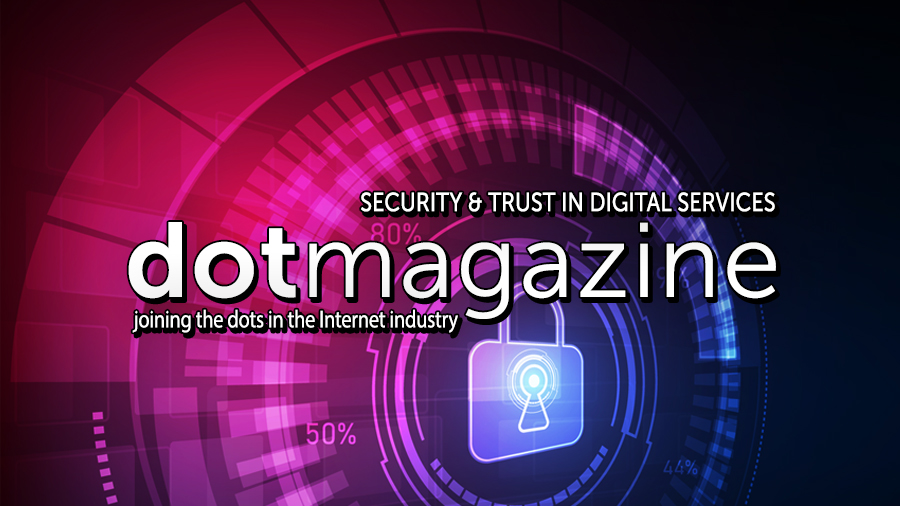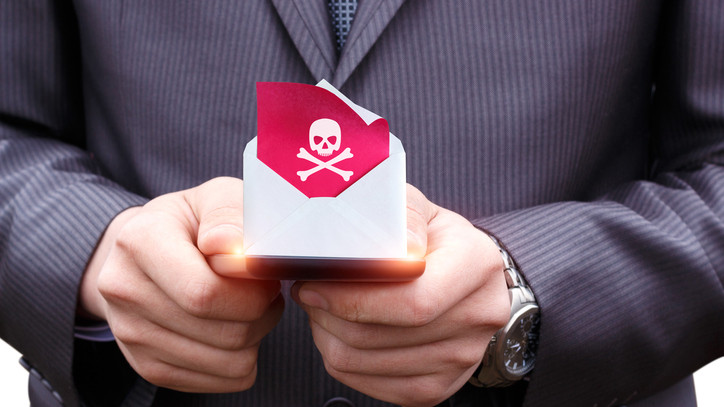SHIELD: An Open Platform for Secure Digital Identities
For digitalization to progress, there is need for reliable and secure identification: Michaela Templin from the eco Association reports on the progress of one digital ID project.

© farakos | istockphoto.com
The SHIELD project started in mid-2020 with the goal of facilitating the secure and widespread use of digital identities. Above all, the objective of SHIELD is to enable a lasting and viable ecosystem for legally compliant and secure digital identities. While the project is currently focused on the German market, it maintains an awareness of the view beyond national borders to European neighbors. This means that the practical applications developed within SHIELD can be supported in the long-term across the European digital landscape.
Since June 2020, SHIELD has been subsidized by the German Federal Ministry of Economics and Energy (BMWi) as part of the technology competition “Showcase Secure Digital Identities”. At the core of SHIELD is a dual emphasis on security and openness. The overall mission of SHIELD is “to design and develop an open, interoperable, user-centered, trustworthy, inclusive and inviting ecosystem for secure digital identities, harnessing the power of open-source software and transparent community-based processes in order to create a viable ecosystem and push forward the practical adoption of eIDAS-related services in a variety of application domains”.
Since its inception, underpinned by numerous internationally renowned experts from business, science, administration, and the civil society, the SHIELD project has attracted more than 90 partners to become a part of this exciting open ecosystem, each of whom brings their own specialist focus. The success of the project lies in the harnessing of the strengths of each individual partner for mutual benefit.
What is especially important about SHIELD is the compatibility of secure digital identities with real life, without needing to compromise on security. With the Trust & Discovery Framework, SHIELD is successfully grappling with one of the most important areas within the entire process of digitalization in Europe, and has been keen to ensure interoperability and integration with other key European projects, such as GAIA-X.
With the recent publication of the SHIELD manifesto for comment and the release of a basic version of the free MOBILE-X platform for Android and iOS – which not only enables trustworthy self-determined identity management based on digital IDs, but also establishes a secure bridge to the trustworthy GAIA-X data infrastructure – the project has now achieved two significant milestones.
In order to make practical progress in implementing the envisaged open, interoperable, trustworthy and user-friendly ecosystem for secure digital identities, the free MOBILE-X platform for Android and iOS is being provided in open-source format, to make secure digital identities – such as the identity card with online ID function – even easier to use in mobile applications.
This trusted platform is built on the architecture of international standards ISO/IEC 24727, ISO/IEC 24760 and ISO/IEC 29101, and augments the German Federal Office for Information Security (BSI) “eCard API Framework” conceptually, with regard to aspects of self-determined and user-centered identity management (“Self-Sovereign Identity”). The architecture also takes the relevant regulatory frameworks and international standards of the World Wide Web Consortium (W3C) for verifiable digital identity cards (“Verifiable credentials”) and decentralized identities (“Decentralized Identifiers”) into account, thus creating a universal mobile client for the European data infrastructure GAIA-X.
The MOBILE-X platform has now been implemented as open source on the basis of the IT security standards defined by the BSI under the name of “eID kernel” in accordance with the certified Open eCard platform, which supports various European eCards, as well as the identification services of different providers.
For example, the German postal service, Deutsche Post AG, is utilizing this trustworthy platform in its POSTIDENT app for Android and iOS, which in turn benefits participating telecommunications providers and their customers. Another example is the regional German “Smart Mobility Service” offering, FiftyFifty Taxi.
As part of the SHIELD project, this innovative mobility platform has also been prepared for use in other regions, for other means of transport, for value-added services and, last but not least, for the GAIA-X data infrastructure. Finally, the MOBILE-X platform can also be used in conjunction with the SkIDentity Service and https://eID.gratis for completely free eID-based identification until the end of 2020.
The SHIELD reference architecture forms the foundation of the project’s work, which also addresses strategic aspects and documents the initiative’s guiding principles. The “ten commandments of digital identity”, inspired by the Mozilla manifesto, have now been provided for public comment in the eIDAS Forum in the form of the 10-point SHIELD manifesto.
The eco Association’s involvement as an associate partner in the SHIELD project is a significant indicator of the association’s own emphasis on security as an essential element of the digitalization process. As Markus Schaffrin, security expert and Head of Member Services at eco, comments, “We need a higher level of awareness for
the security of our own identity on the Internet. As an open, interoperable, trustworthy, and user-friendly ecosystem for secure digital identities, the SHIELD project makes an important contribution to this, as it can be used in all practical applications with relevance to everyday life”. SHIELD is one of several approaches to digital identities in which eco is involved.
Going forward, not only can business processes be significantly influenced by SHIELD, but so too can the complete overarching realm of digital life as a whole, including health and medical services, hospitality, telecommunications, retail, possibilities for professional development and further education, and much more – such as IoT and Industry 4.0. The trustworthy applications emerging out of the SHIELD ecosystem should therefore also have a broad relevance for our everyday lives.
Michaela Templin M. Sc. MBA is Project Manager at eco – Association of Internet Industry. She represents the layer of cybersecurity e.g. Information Security and New Work. Her responsibilities include external projects in the context of cybersecurity e.g., SHIELD, and she also manages the content and structure of the Competence Group Security. Her activities on topics such as GAIA-X Summit and Internet Security Days support the field of cybersecurity. Prior starting at eco in August 2019, Michaela worked as a digitalization consultant and supported over 40 companies of the tool industry in the field of industry 4.0 and digitalization as a transformation process. Her passion is to accelerate the progress.





